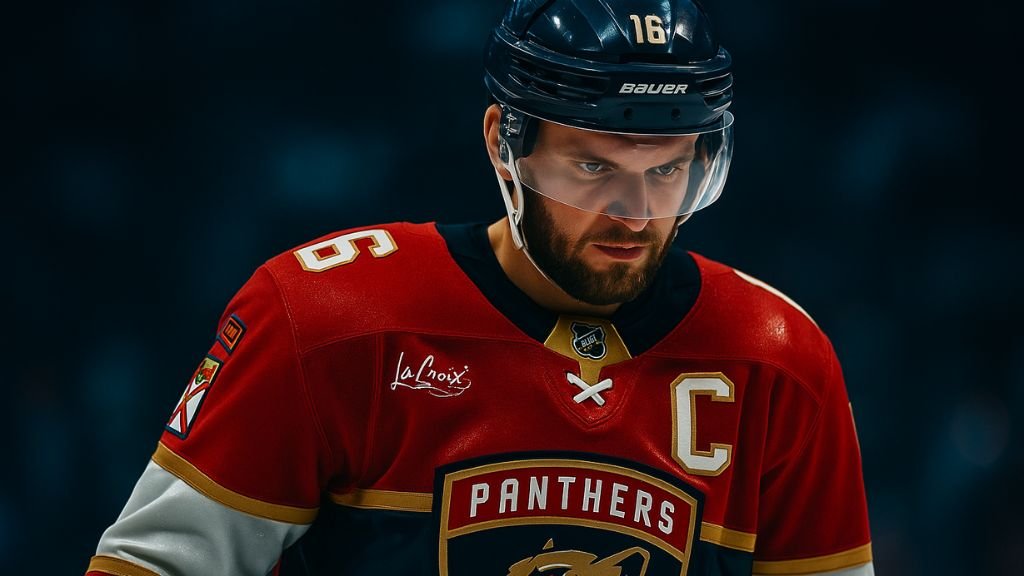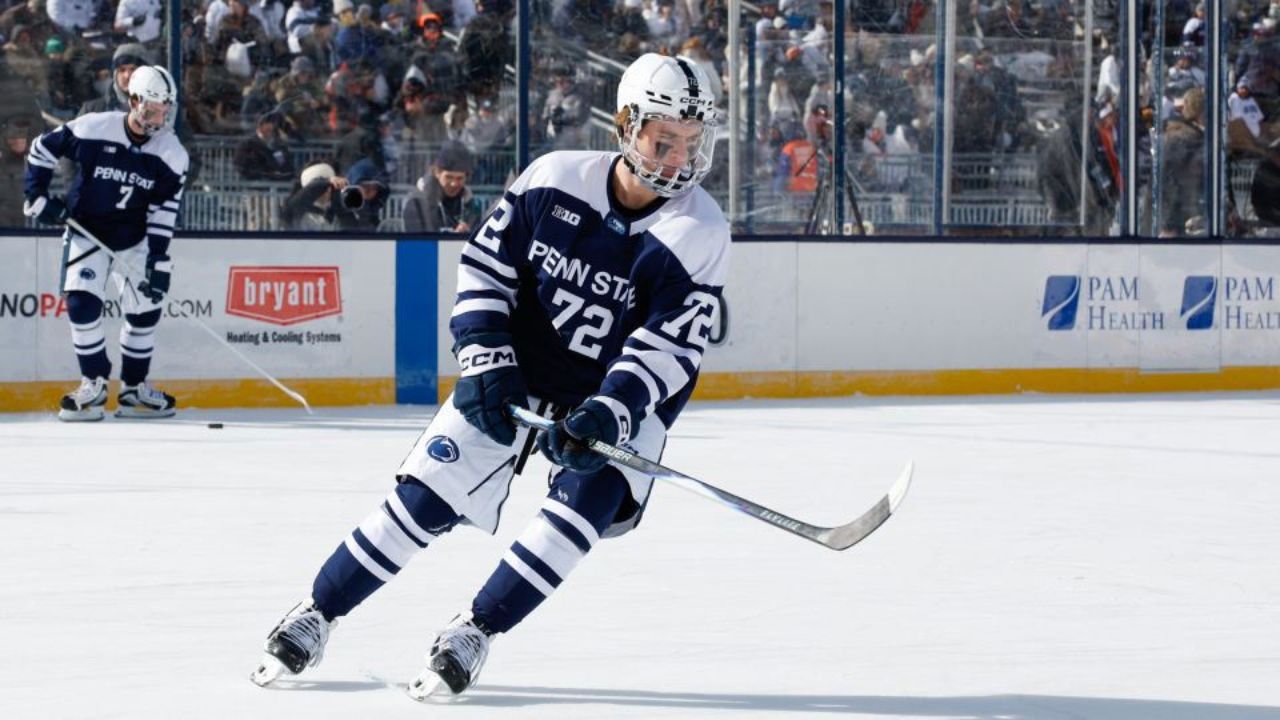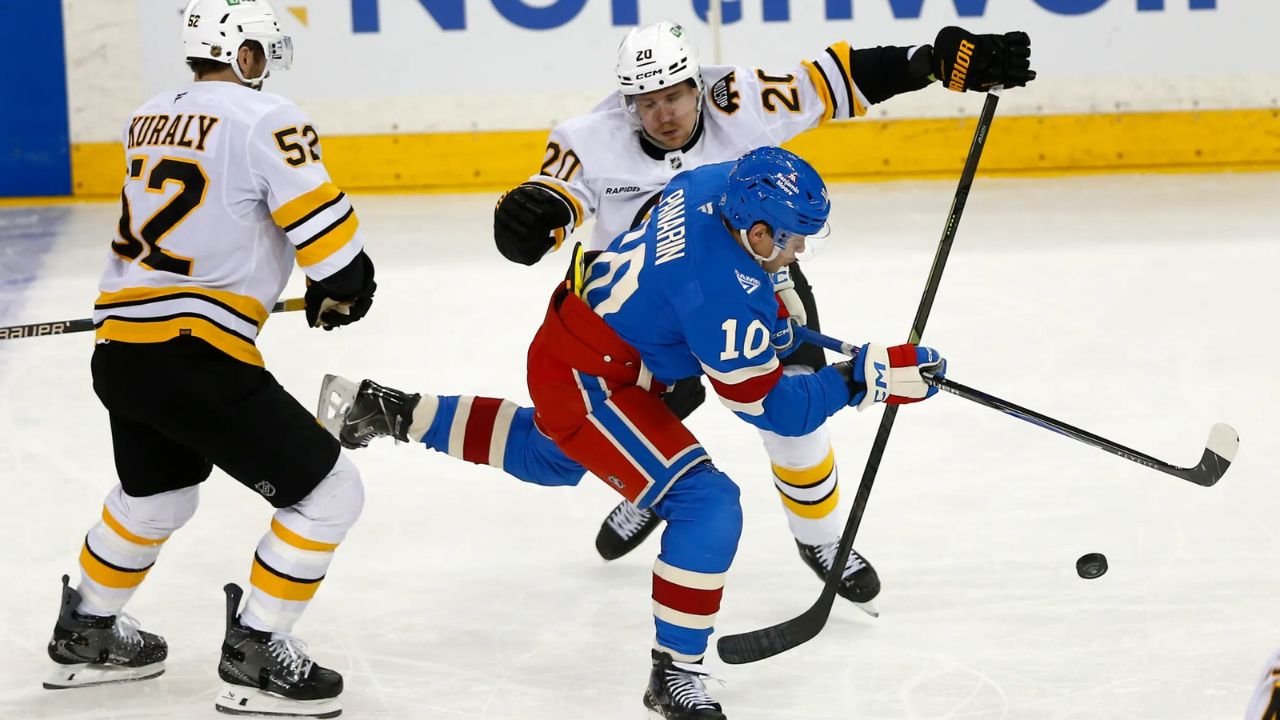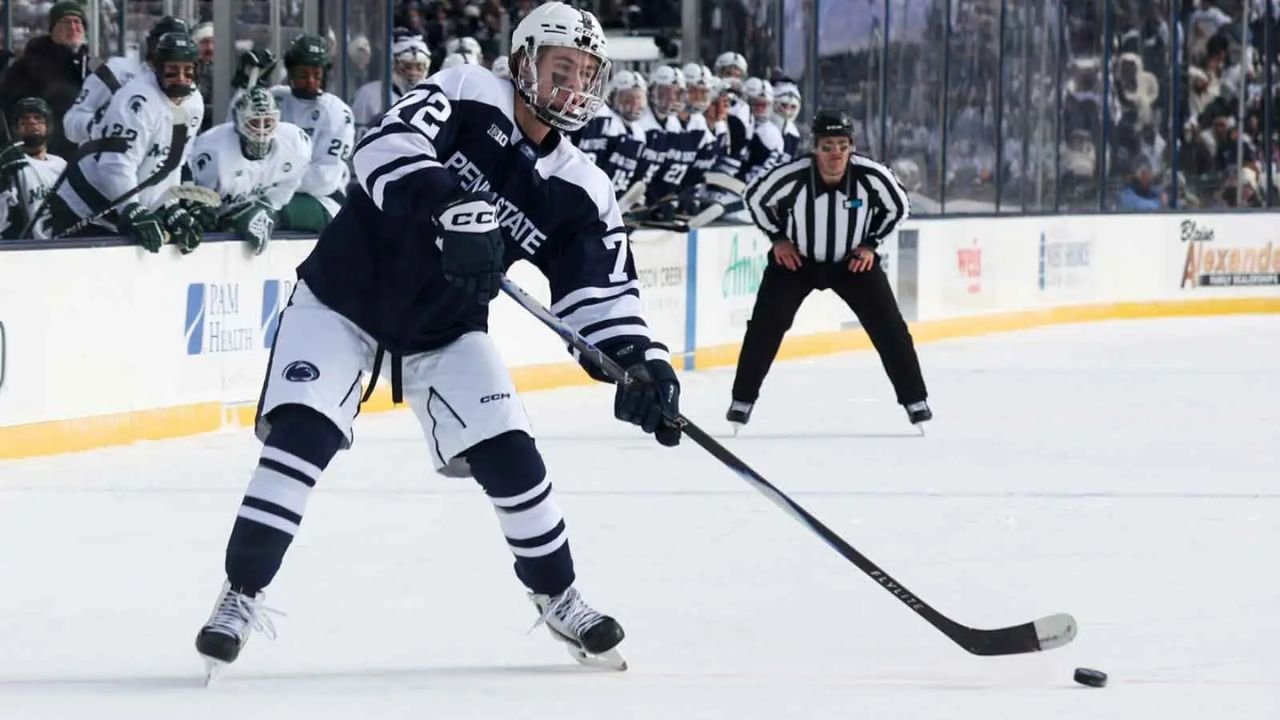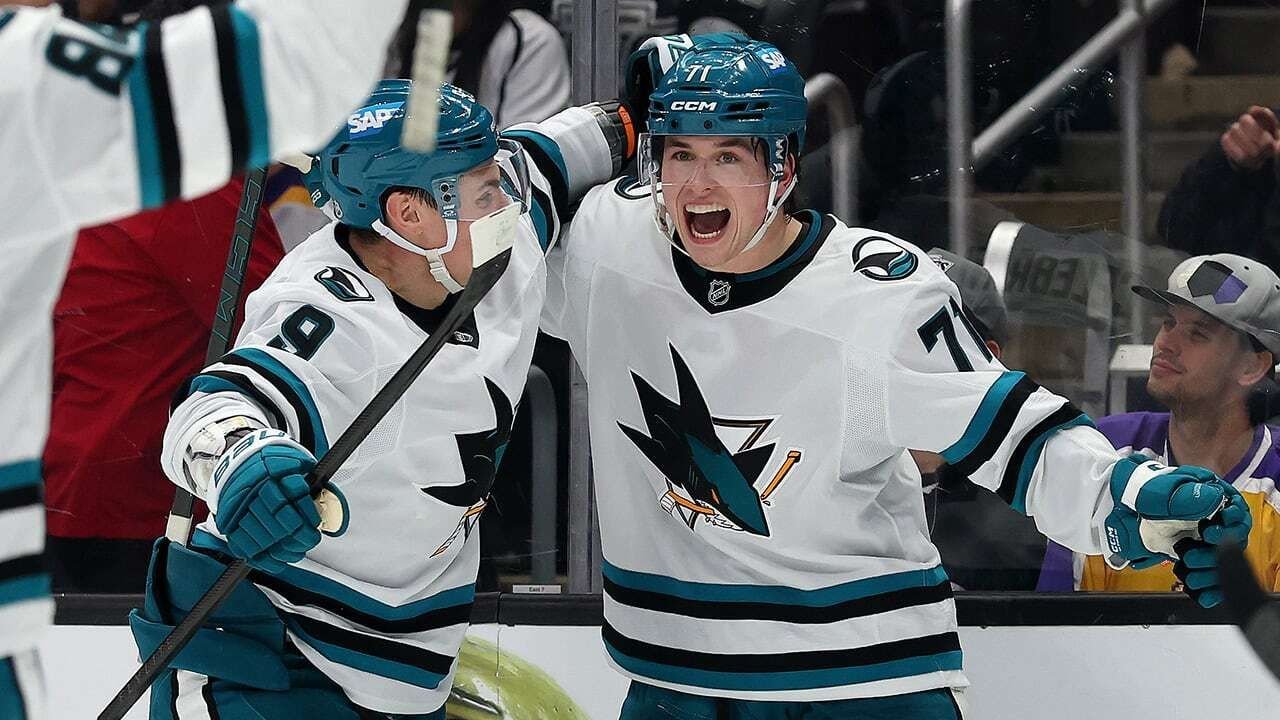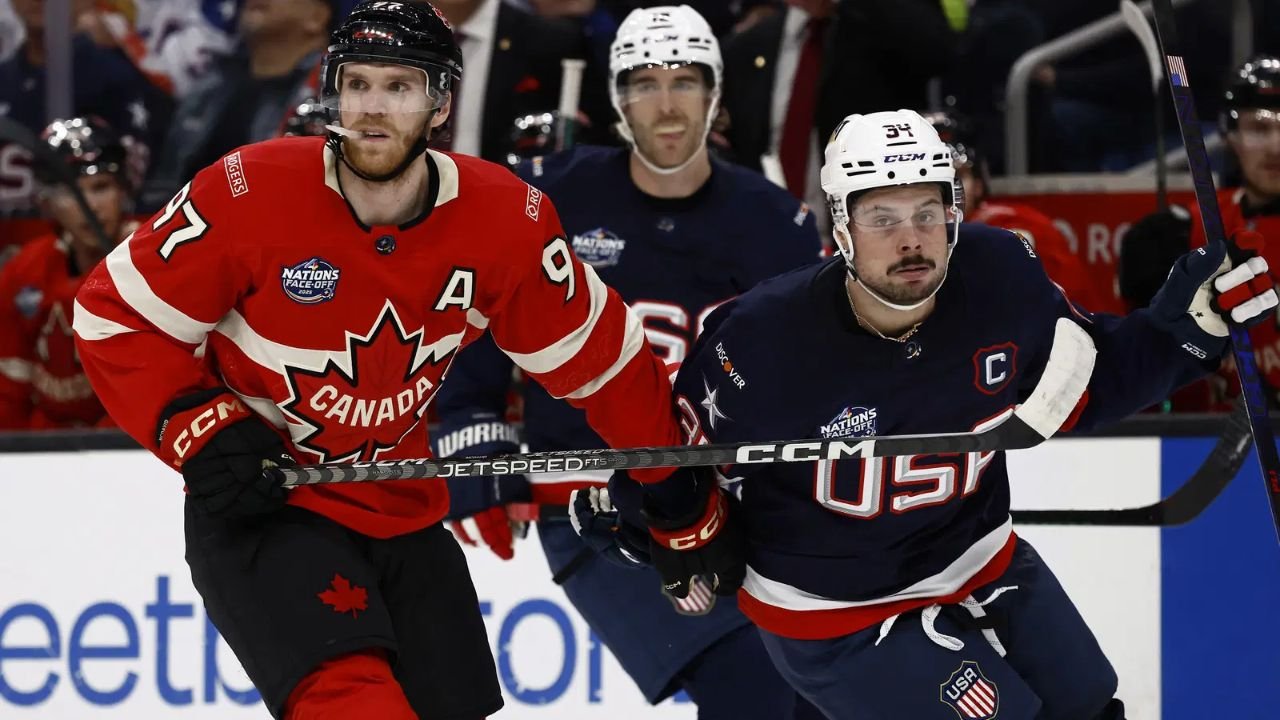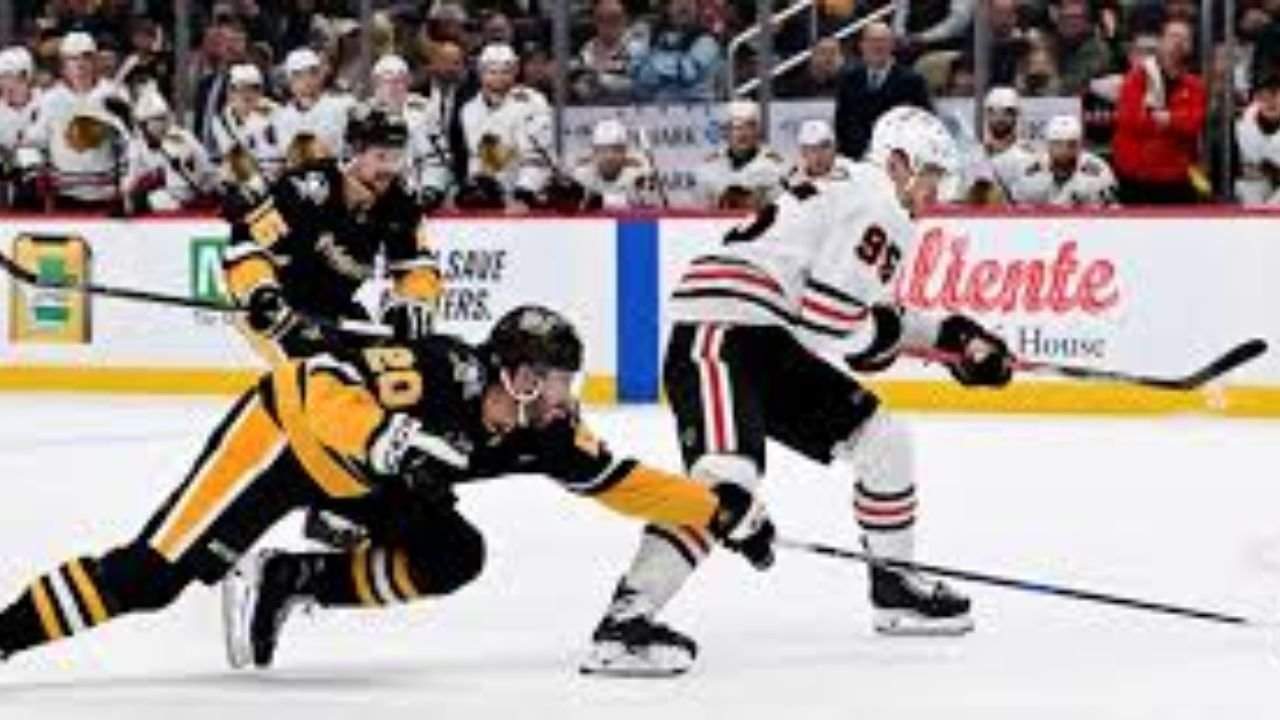The Florida Panthers began camp dreaming about a rare NHL three-peat. Within hours, that optimism collided with reality. Captain Aleksander Barkov suffered a serious right-knee injury during the first full practice, underwent surgery, and now faces a long, uncertain road back. Early reporting and team guidance point to an absence measured in many months, not weeks, with timelines ranging from most or all of the regular season to potentially the entire year. For a team chasing history, it’s a gut punch.
What we know about the injury and timeline
Coach Paul Maurice confirmed Barkov required surgery after being hurt in a non-contact sequence at practice. Subsequent updates specified damage to both the ACL and MCL in his right knee—an injury profile that often sidelines athletes for 7–9 months. NHL.com’s official update echoed that range, placing the Florida Panthers star’s return window into late spring at best, which would imperil his chances of impacting the stretch run and even the playoffs. Local outlets in South Florida reinforced the severity, reporting repairs to both ligaments. Taken together, the path back is steep and the outlook for 2025-26 is cloudy.
Why Barkov’s absence hits the Panthers so hard
There are injuries, and then there’s losing your heartbeat. Barkov is the Florida Panthers’ two-way compass—elite on draws, a matchup killer against top centers, the quiet force who turns defensive stops into quick strikes. His playmaking, penalty-killing, and Selke-level details are the glue of Florida’s identity. He led the cup runs with relentless, mistake-free hockey and calm leadership that steadied the room when waves got choppy. Removing that from the lineup isn’t just subtracting points; it shifts matchups, special-teams roles, and the emotional equilibrium of the bench. It’s the sort of loss that reshapes how the Florida Panthers must play night-to-night.
The context: an already banged-up contender
As if the captain’s injury weren’t enough, the Florida Panthers were already bracing to start the season short. Power forward Matthew Tkachuk, the team’s engine of chaos and clutch scoring, has been tracking toward a return closer to December after a lower-body issue, leaving a leadership and production gap in the top six. When one star is out, you can patch holes. When two pillars wobble at once, systems and minutes get stressed quickly. The compounding effect is what turns a speed bump into a season-defining obstacle for the Florida Panthers.
Lines, roles, and the domino effect across the roster
Without Barkov, the first ripple hits center depth. Matchups the Florida Panthers used to neutralize with Barkov now fall to the next wave of pivots, who will inherit tougher defensive assignments, more defensive-zone starts, and heavier penalty-killing responsibility. Wingers who thrived off Barkov’s timing and clean exits may need to simplify, drive the middle themselves, and win more board battles. On the power play, zone entries and bumper-slot reads will look different; on the penalty kill, faceoff strategy and denial at the blue line must be re-tooled.
Expect Maurice to tighten the five-man rope: shorter shifts, layered support in the neutral zone, and a premium on puck management. The Florida Panthers can still suffocate teams with forecheck pressure, but they’ll need every forward to buy into low-event hockey in tough buildings, especially on back-to-backs while the room recalibrates.
Front-office choices: stick, twist, or swing?
General manager Bill Zito has never been shy about decisive moves, and this crisis forces hard questions. Do the Florida Panthers ride internal options and wait for clarity on Barkov’s rehab timeline, trusting structure and goaltending to keep them afloat? Or do they explore the trade market for a stop-gap top-six center to stabilize matchups through spring? Early chatter around the league already links possible partners who could help, but prices in September and October are notoriously steep. The calculus will weigh cap space, assets, and the chance that a rental merely treads water versus truly moving the needle for the Florida Panthers.
The three-peat mountain just got a lot taller
History already warned how brutal this quest is. Repeating once is rare; doing it thrice demands health, luck, and depth. Even before Barkov’s injury, the Florida Panthers were walking the tightrope of fatigue from two deep runs. Now, they have to manufacture early-season points with a shifting spine, keep the room confident, and avoid overtaxing stars who remain. That’s the three-peat reality: every stumble invites challengers to smell blood, and every game becomes a mini test of resilience. Analysts around the league aren’t sugarcoating it—calling the blow potentially mortal to the bid—yet also acknowledging the defending champs’ stubborn competitive DNA.
What “success” looks like now
The goalposts move. For months, success might simply be staying above water, banking points with structure and goaltending, and keeping the room’s belief intact until the Florida Panthers get healthier. It means leaning on Sergei Bobrovsky’s calm, trusting the blue line to close the slot, and squeezing offense from second-chance goals, net-front tips, and set-piece faceoff plays. It means young players grabbing real minutes, veterans playing simple and heavy, and coaches turning small tactical wins into full-game confidence. If Barkov’s rehab ever opens a door in late spring, the Florida Panthers just need to be in the tournament—because playoff series are about problem-solving under pressure, and that, more than anything, has been this team’s calling card.
The human side of a brutal moment
Strip away the systems talk, and you’re left with a player who poured a decade into the crest. For Florida Panthers fans, seeing their captain helped off the ice felt like a punch to the gut. For Barkov, it’s months of rehab, repetition, and mental grind. Hockey’s best stories often start in rooms dealing with the worst news. The Florida Panthers have built a culture sturdy enough to handle storms. Now they have to live that creed in real time—one practice, one road trip, one greasy win at a time.

